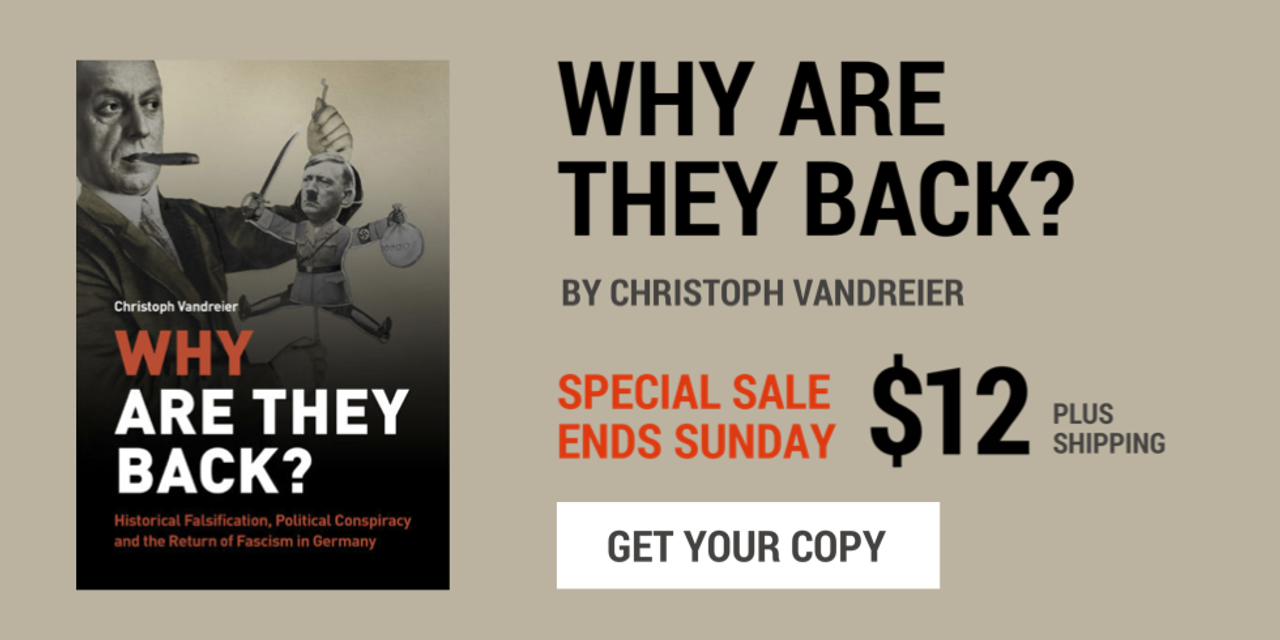Jason Melanovski
Ukrainian President Volodmyr Zelensky has fired Chief of Staff Andriy Bohdan as his administration struggles to make any significant headway in ending the now six-year-long civil war in eastern Ukraine that has claimed the lives of over 14,000 people, while implementing massive privatization efforts against widespread popular opposition.
 President Volodymyr Zelensky [Credit: en.kremlin.ru]
President Volodymyr Zelensky [Credit: en.kremlin.ru]
Bohdan will be replaced by Andriy Yermak, a former movie producer who first met Zelensky in 2010 while working together in the entertainment industry. Yermak, in addition to meeting with President Donald Trump’s personal lawyer Rudy Giuliani, has been credited with reaching a surprise gas transit deal with Russia last year and several prisoner exchanges.
Yermak’s appointment took place simultaneously as Russia replaced its top official on Ukraine, Vladimir Surkov, with President Vladimir Putin’s new Deputy Chief of Staff, Dmitry Kozak, leading to reports that both sides are looking to move forward with a negotiated deal in eastern Ukraine.
Kozak had previously personally credited Yermak for taking part in gas transit negotiations in Minsk last year that he stated led to a “balanced, mutually acceptable, mutually beneficial decision.”
The replacement of Bohdan with Yermak is at least in part the result of an escalating political struggle between Zelensky and his former friend and financial backer oligarch Igor Kolomoisky.
Bohdan previously served as lawyer for Kolomoisky prior to becoming Zelensky’s chief of staff. He had recently fallen out of Zelensky’s inner circle as Kolomoisky had repeatedly pressured the Zelensky government and Ukraine’s National Bank to return PrivatBank, which was nationalized under the regime of former President Petro Poroshenko after Kolomoisky and fellow owner Gennadiy Bogolyubov were accused of embezzling $5.5 billion.
Following Zelensky’s election last April, many speculated that PrivatBank would be quickly returned to Kolomoisky. However, opposition from both the United States and the International Monetary Fund (IMF), which nearly cut off negotiations with the Zelensky administration last spring over the PrivatBank issue, have so far prevented a complete reconciliation between the Ukrainian state and Kolomoisky.
The conflict sharply escalated this month with a raid by Ukrainian intelligence of the offices of the Kolomoisky-owned television station 1+1. The search came after recordings of Ukrainian Prime Minister Oleksiy Honcharuk stating that Zelensky had a “very primitive understanding of the economy” were leaked on YouTube, reportedly by 1+1 Media Group staff linked to Kolomoisky.
Bohdan has also been criticized as ineffective by the imperialist backers of the Kiev government. In November of last year, the Washington-based think tank Atlantic Council, which shares close ties with the CIA and the military-defense establishment, called Bohdan “the wrong man for the time” and accused Bohdan of wasting the “transformative momentum” in enacting reforms that would be beneficial to Western imperialism.
Underlying the reshuffling of Zelensky’s staff and the crisis of his government are intense conflicts within the Ukrainian oligarchy over domestic and foreign policy.
Within the oligarchy and sections of the state apparatus, Zelensky has faced enormous opposition for his efforts to negotiate a settlement with Russia over Ukraine in alliance with Germany and France. Substantial sections of the oligarchy, including former President Petro Poroshenko, which oppose any lessening of the alliance with US imperialism, supported the mobilization of far-right elements that protested against the Paris Summit of last December. News reports have repeatedly pointed to divisions and conflicting views on foreign policy, in particular, within the Zelensky cabinet and his staff.
Above all, the political crisis is a result of growing class tensions as the Zelensky administration is pushing ahead with the most far-reaching privatizations in Ukraine since the dissolution of the USSR in 1991 and the restoration of capitalism.
Last fall, the Zelensky administration announced a major land reform bill which would end a longstanding moratorium on the sale of Ukrainian farmland, including its valuable black soil. The land reform bill is opposed by 73 percent of the population, according to a recent Rating poll. It has been repeatedly delayed in the Ukrainian parliament. There have also been countless amendments proposed to the bill. This is despite the fact that Zelensky’s own Servant of the People party holds a complete majority that could potentially overcome any parliamentary opposition.
Several small protests have already taken place against the bill. While the opposition to the hated bill is currently dominated by far-right forces, the oligarchy fears that social and political opposition will emerge within the working class.
The land reform bill is part of a large-scale privatization effort that has been pushed for by the IMF.
The Zelensky administration is set to privatize more than 3,700 major state-owned enterprises and liquidated at least 1,000 “ineffective” enterprises. In 2020 alone, the government is going to privatize 300 companies. Among them are the United Mining and Chemical Company and the generator manufacturer Elektrovazmash. These measures are putting tens of thousands of jobs on the line, if not more, in a country where 60 percent of the population are already living below the subsistence minimum.
In an indication of growing unrest within the working class, miners at state-owned companies went on a one-day strike on December 18, 2019, to protest the government’s failure to pay the significant debts state-owned companies owe to their miners. The miners are still waiting for the state companies to pay them.
Under these conditions, support for Zelensky in the population has been eroding in the past few months. A poll conducted in January by the Center of Social Monitoring and the Oleksandr Yaremenko Ukrainian Institute for Social Research Center showed that Zelensky’s approval rating now stood at just 49.4 percent. If accurate, such numbers would demonstrate a plummet from highs of 73 percent approval as recently as September of last year. It would be the first time that Zelensky’s approval has fallen below 50 percent. The poll also reported that 39.3 percent of Ukrainians “do not trust” Zelensky. Prime Minister Oleksiy Honcharuk and his cabinet are trusted by just 23 percent of the population, according to the poll.



